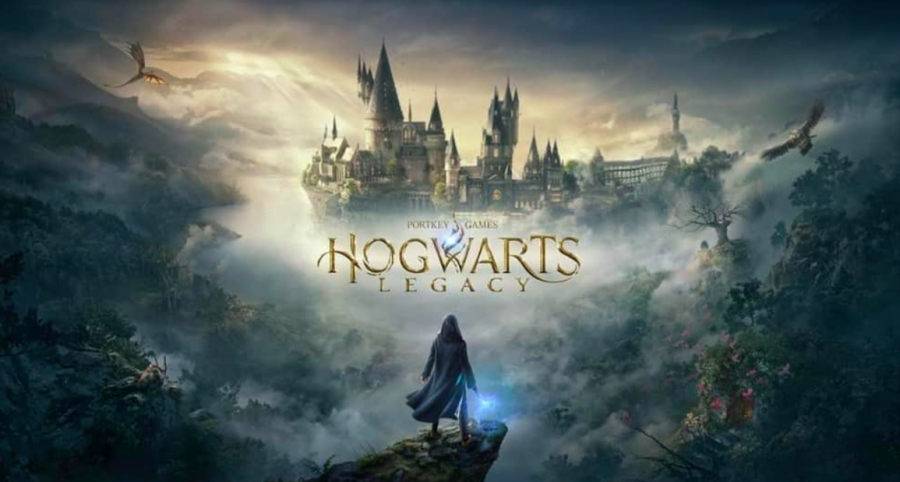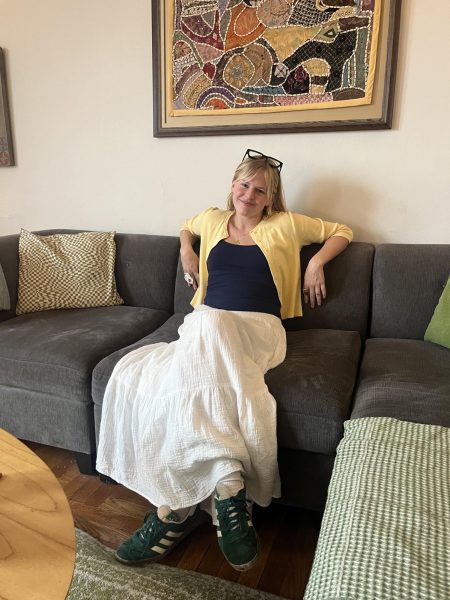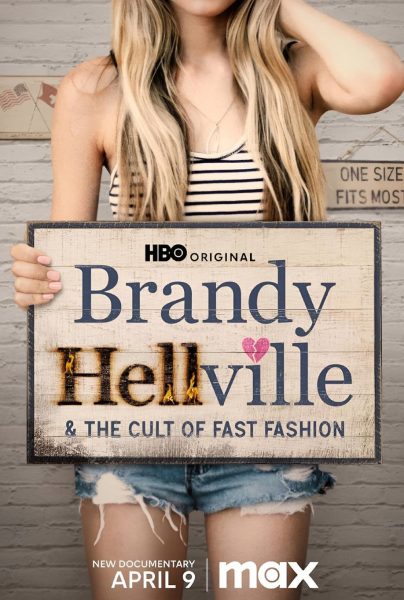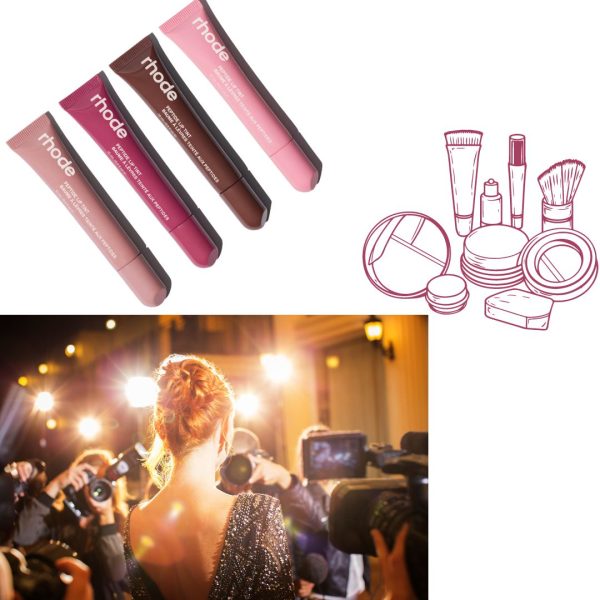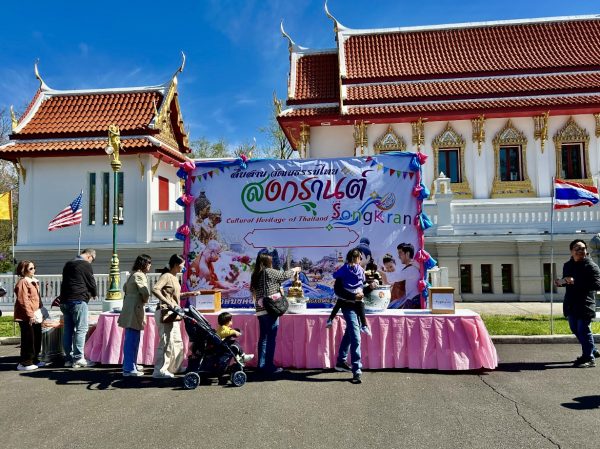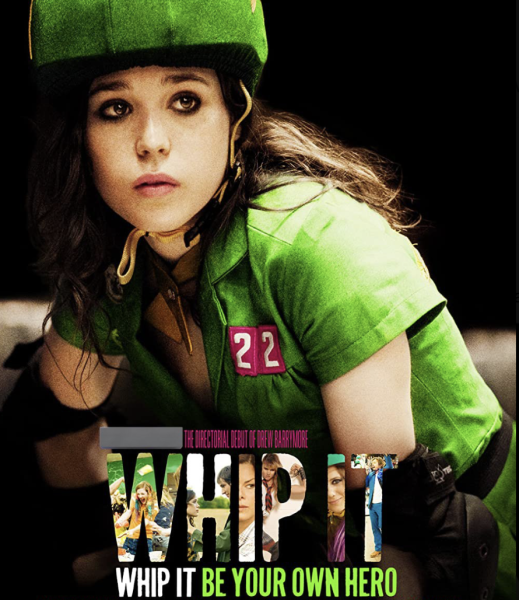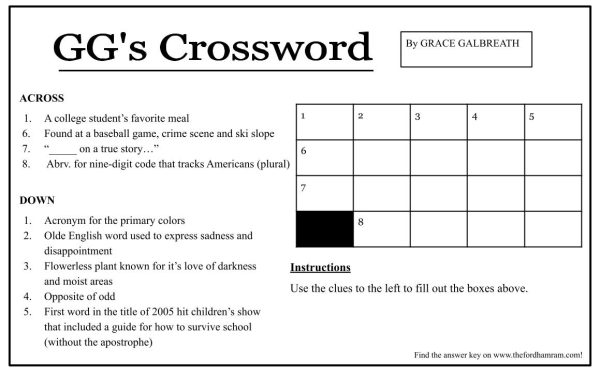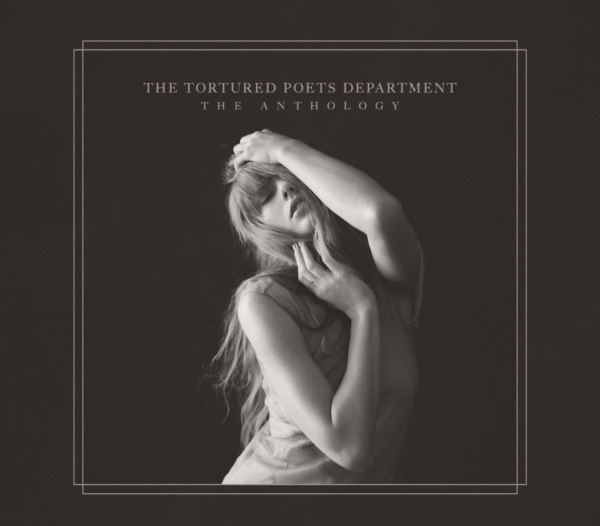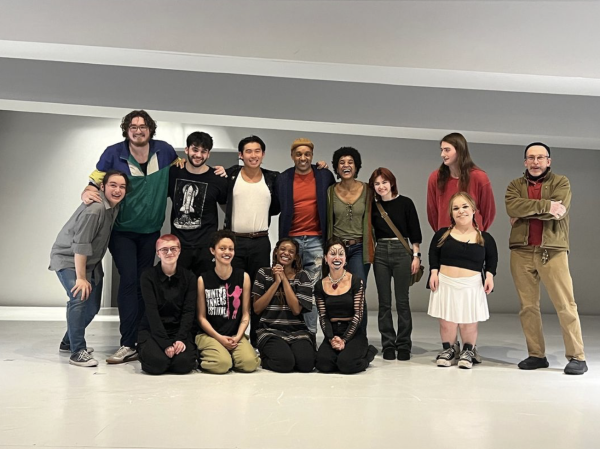J.K. Trolling and Hogwarts’ Controversial Legacy
“Hogwarts Legacy,” the newest installment in the Harry Potter franchise, has taken social media by storm. Since the first wave of releases of the game on Feb. 10, Twitter users have reported timelines flooded with game spoilers and arguments about the ethics of playing or purchasing the game considering J.K. Rowling’s controversial stance on transgender rights and social issues.
Rowling, the author of the original Harry Potter books and the creative mind behind huge projects like Universal Studios’ Harry Potter World, has a long history of negative press. Throughout 2020, the best-selling author came under fire for a series of tweets that many people construed as offensive to the transgender community, particularly trans women. Her first tweets on the topic complain that the use of phrases such as “menstruating person” excludes “real” women. Other such remarks have further excluded trans women and denounced their belonging with the female community. She has also condemned hormone therapy as unnecessary and the cause of potential health risks, citing inaccurate scientific studies and other such irreputable sources. But even before these statements, Rowling reportedly liked a series of transphobic tweets from other Twitter users and defended a handful of self-proclaimed “transphobes,” including YouTuber Magdalen Berns and disgraced researcher Maya Forstater. This behavior dates back to as early as March 2018.
Even more controversial is Rowling’s more recent books, one of which features a cis-male murderer who dresses as a woman to attack and kill cis-women. This type of story is often pushed in conservative and transphobic circles as transphobic rhetoric masquerading as protecting women.
Rowling’s history of transphobic comments has caused many people to boycott her products, including the massive amount of Harry Potter merchandise available for purchase. The newest installment in the Harry Potter-verse is a video game called “Hogwarts Legacy,” which allows players to experience life at Hogwarts a century before the books take place. In protest of the game, many online are trying to dissuade people from purchasing or playing the game by posting spoilers online or verbally attacking video game “influencers” who have made content that features the game.
However, some argue that the game is not as problematic as one might think. According to the official “Hogwarts Legacy” website, J.K. Rowling was not a major part of the game’s design process. Other fans of the franchise have pointed out the inclusion of a possibly transgender character in the game, which some see as a peace offering. The character is an NPC (non-playable character) who players can speak to during their quest. Throughout the game, she never officially claims a gender identity, but instead makes a comment that some think implies that the character is a trans woman: “Took them a second to realize I was actually a witch, not a wizard.” Yet the character’s name, Sirona Ryan, has left something to desire among members of the LGBTQ+ community. J.K. Rowling is not unfamiliar with naming controversy as the Harry Potter books feature arguably racist names such as Cho Chang and Kingsley Shacklebolt. Sirona Ryan, beginning with “Sir” and ending with “Ryan,” a typically male name, seems uncreative and possibly offensive.
The game has also come under fire for antisemitism. The goblin bankers featured throughout the book and movie series have been called antisemitic caricatures by critics, and the “Hogwarts Legacy” game features these same goblins with even more pronounced antisemitic characteristics.
But above all, the strongest argument against the game is how much money Rowling is likely to make from it. Even if she was not involved in the design process, she still stands to make millions off of royalties from game sales. To break it down: Rowling owns the intellectual property of all Harry Potter merchandise, which now includes the content of this game. While it has not been announced what percentage of the sales she will collect, the industry standard ranges from 10-15%, and she currently makes 15% off of Harry Potter book sales. With copies of the game selling from between $60-70, it is likely that Rowling will make about $8 off of each sold copy. While this number may seem small, Forbes estimates that the game will sell at least 10 million copies in the foreseeable future, meaning that Rowling could be pocketing $80 million off of just one game’s release.
Economic support for media is the biggest way to show support for the content and the creator behind it. Transgender rights activists encourage potential players to boycott the game not because the game itself is offensive, but because the creator who stands to profit off of it has continuously demonstrated her lack of support for the transgender community. There are also many alternatives to economically supporting Rowling. Choosing instead to watch video game streamers play the game, buying the game second-hand, opting to split the costs among friends or simply not engaging in the content at all are all viable options. If you are truly desperate for a Harry Potter revival, try rereading the books you might already own, going to the library or checking out fan-made content online. There are so many ways to enjoy the magical world of Harry Potter without supporting its transphobic creator.

Allison Schneider is a sophomore from New Palestine, Ind., who is majoring in English with a creative writing concentration and a minor in political science....

